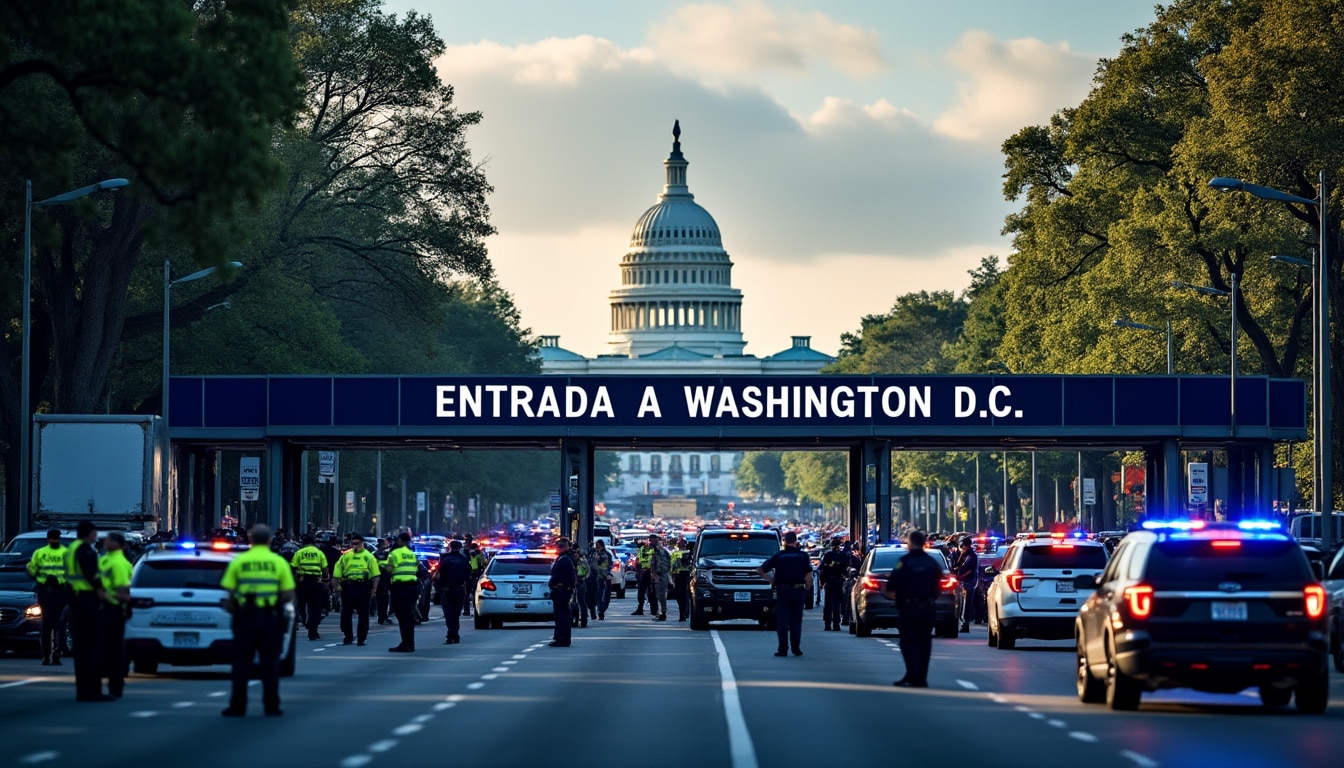Visiting Washington DC, a city steeped in history and thriving with cultural attractions, is a dream for many international travelers. However, navigating the complexities of entry requirements, especially with a criminal record, requires careful attention to rules and regulations. Entry to the U.S. can be challenging as decisions are influenced by various factors, including immigration status, past convictions, and the nature of any offenses. This guide provides insights into how criminal status affects entry into Washington DC in 2025.
Criminal Offenses and Their Impact on U.S. Visa Eligibility
Understanding how criminal offenses affect visa eligibility is crucial for travelers looking to enter the U.S. Any crime can have a significant impact, but the consequences depend largely on the type and severity of the offense. The United States has stringent immigration laws, and certain crimes can make a person either deportable or inadmissible.
Crimes Involving Moral Turpitude (CIMT) are particularly significant. According to 8 USC § 1227(a)(2), these crimes are grounds for deportation if committed within five years of admission to the U.S. with a possible sentence exceeding one year. More than one CIMT can lead to deportation as well. Aggravated felonies, controlled substance offenses (except small quantities of marijuana), firearm offenses, crimes involving child abuse, neglect, or abandonment, and domestic violence-related crimes also render one deportable if lawfully residing in the U.S.
For those seeking entry, the guidelines under 8 USC § 1182(a)(2) apply. Even admitting guilt to two or more offenses, or having a controlled substance-related offense, can result in denial of entry. This underscores the gravity of adhering to laws and the importance of legal guidance, such as consulting with experts from the Legal Aid Society and the National Association of Criminal Defense Lawyers.
An interesting aspect many might overlook is the run-in period with law enforcement that could inadvertently lead to ICE detection, especially for those without current lawful status. Here’s a table detailing various offenses and their consequences:
| Offense Type | Deportability | Inadmissibility |
|---|---|---|
| Crimes Involving Moral Turpitude (CIMT) 😟 | Deportable if committed within 5 years | Denies entry without exception unless it’s a petty offense |
| Aggravated Felony 💥 | Deportable | Denies entry |
| Controlled Substance Offenses 🌿 | Deportable, except marijuana under 30 grams | Denies entry |
The role of legal organizations like the ACLU of Washington and the Washington Lawyers’ Committee is vital as they offer resources and support for those navigating these legal challenges. Engaging with a Public Defender Service or a reputable attorney is crucial for anyone facing such circumstances.
The Process Following a Criminal Conviction for Entry
Following a criminal conviction, the road to entering Washington DC can be fraught with legal hurdles. Firstly, it’s essential to understand the transition from criminal detention to ICE custody, which plays a fundamental role in determining one’s admissibility.
Generally, individuals convicted of an offense that results in custodial sentences are transferred to ICE custody once their criminal sentences have been served. Here’s how it typically unfolds:
- ⭐⭐ Serving Criminal Sentence: Individuals fulfill their criminal detention period.
- ✉️ Receiving a Notice to Appear: ICE issues this as a precursor to further immigration proceedings.
- 🚪 Direct Transfer to ICE Custody: Depending on prior orders or new convictions, individuals might face immediate deportation without an immigration judge hearing.
In this transitional phase, local jurisdiction policies play a crucial part. Different areas have unique approaches to handling criminal detentions and ICE interactions. Some jurisdictions work closely with ICE while others limit their cooperation, primarily to uphold the rights and reduce unjustified detention durations.
In some facilities, ICE detainers can remain effective for up to 48 hours after a criminal sentence is completed. During this period, facilities may hold the individual until ICE arrives, although recent trends show a decline in compliance due to policy changes and advocacy from organizations like the Urban Institute and the Re-entry Coalition of Washington. The evolving scenario highlights the need for legal support and strategic advocacy to ensure fair treatment and adherence to the rule of law.
For those dealing with criminal convictions in relation to entry, the counsel from the Prison Fellowship and other advocacy groups can provide a critical lifeline, offering education and reintegration support, thereby helping individuals overcome the barriers to entry while ensuring compliance with the law.
The Role of Legal Support Organizations
Legal support organizations are paramount in helping individuals comprehend and navigate the complex web of laws surrounding criminal offenses and U.S. entry. From offering legal guidance to advocacy, these institutions provide invaluable aid and ensure that justice is served equitably.
The DC Bar Association and its affiliated members offer robust legal insights that can help both potential entrants and those already within the U.S. Understanding legal implications involves a symbiotic effort between immigrants and their defense teams. Here’s a brief look at how these organizations assist:
- Legal Aid Society 🌐: Offers comprehensive legal resources and guidance tailored to immigrants.
- National Association of Criminal Defense Lawyers 🛡️: Provides legal defense strategies to safeguard the rights of the accused.
- Washington Lawyers’ Committee ♥️: Champions civil rights, ensuring policies reflect justice and equality.
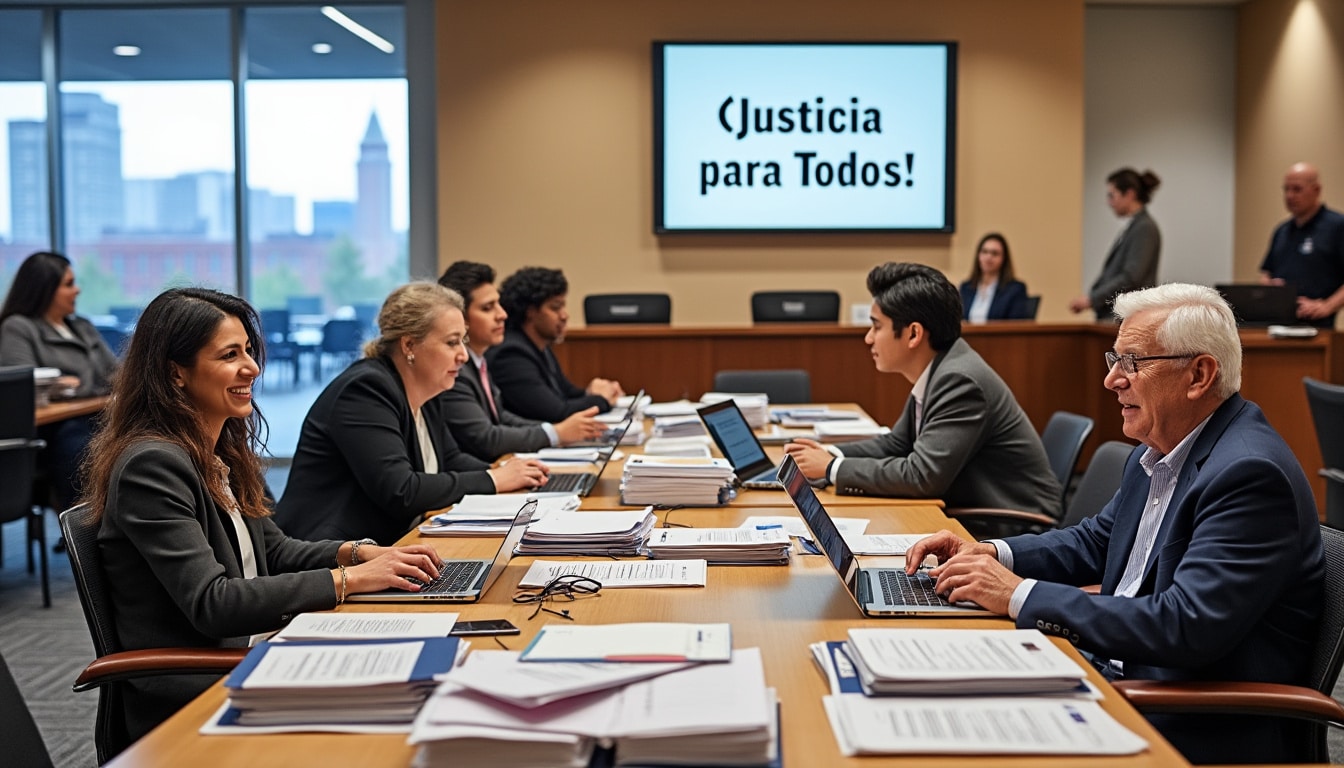
In recent years, these organizations have expanded their role to include workshops and seminars that cover the latest updates on immigration policies. Particularly, they emphasize the rights of individuals during detentions and interrogations – knowledge that can significantly alter the outcome of legal proceedings.
Collaboration with these entities, especially in Washington DC where policies frequently shift, ensures a fortified defense in legal negotiations and a clearer path through the judicial maze. Equipping oneself with knowledge and legal support is vital, particularly for at-risk or vulnerable populations.
Navigating the Road to Entry with Previous Convictions
Navigating the complexities of entering Washington DC with previous convictions demands a strategic approach and an understanding of federal laws. Knowing what constitutes ground for inadmissibility or deportability can define the success of entry applications.
Individuals with previous convictions must engage with skilled legal professionals who can advocate for their entry. Utilizing resources from the ACLU of Washington, the DC Bar Association, and the Re-entry Coalition of Washington ensures that applicants present the most favorable case.
For immigrants, a fundamental component is understanding if they fall into any of the categories deemed as grounds for inadmissibility. These include:
- Any controlled substance violation without exceptions
- “Reason to believe” status related to drug trafficking
- Prostitution-related offenses where applicable
Those with two or more offenses aggregating to confinement of five years or more face significant challenges. Herein, the strategic advice from local and national legal groups becomes indispensable. They guide individuals through the nuanced legal processes and advocate for relief options if already deemed removable.
Moreover, current federal laws recognize exceptions and waivers that can be applicable in certain cases, especially those involving minor offenses or historical where there has been a substantial passage of time or demonstrated reformation. These may apply to lawful permanent residents returning from brief travel outside the U.S.
Frequently Asked Questions
Here are some commonly asked questions and answers regarding criminal status and entry to Washington DC:
- ❓ Can a petty theft conviction affect my entry into the U.S.?
✔️ Yes, if regarded as a Crime Involving Moral Turpitude, it could potentially affect your admissibility. - ❓ Do all criminal offenses make someone deportable?
✔️ No, not all offenses lead to deportation. It largely depends on the type and severity of the crime. - ❓ How does ICE determine custody after a conviction?
✔️ ICE evaluates custody based on immigration status and the nature of the crime, often using detainers to hold individuals beyond their criminal sentence. - ❓ Is legal representation important for navigating these processes?
✔️ Absolutely. Legal advisors from recognized organizations provide critical support and guidance throughout the process.
In conclusion, understanding the legal implications of a criminal status and its effect on entering Washington DC is vital. Staying informed and seeking expert legal advice from renowned organizations ensures that individuals are prepared and capable of overcoming the challenges that may arise. This detailed guide serves as a roadmap for those facing these unique legal hurdles in their pursuit to visit or reside in the U.S.
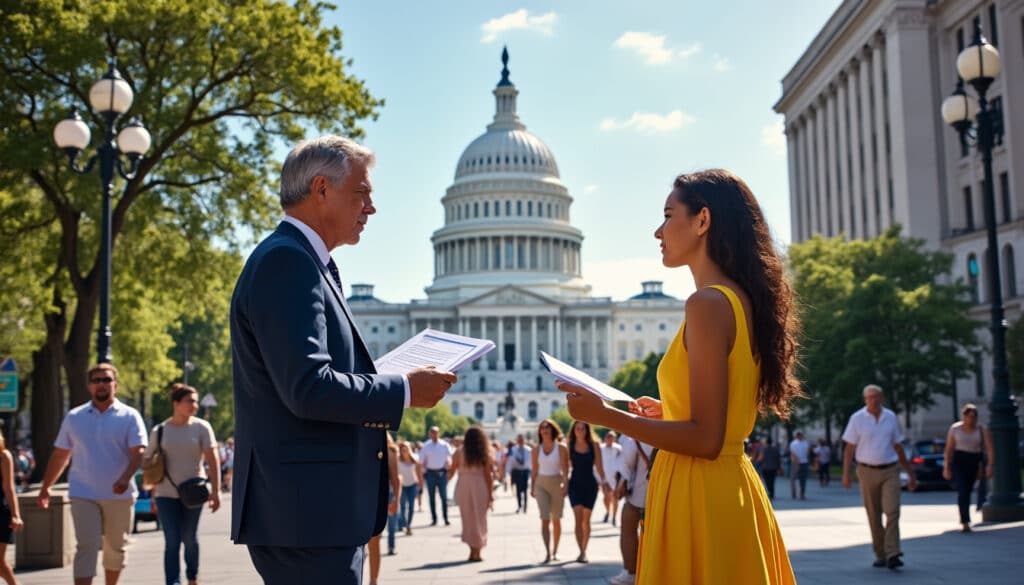
Legal Information and Rules in Washington DC
When navigating the ornate labyrinth of laws in Washington, D.C., it’s essential to have a comprehensive guide to understand the diverse legal frameworks that govern the nation’s capital. From understanding the depth of the District of Columbia’s legal codes to…
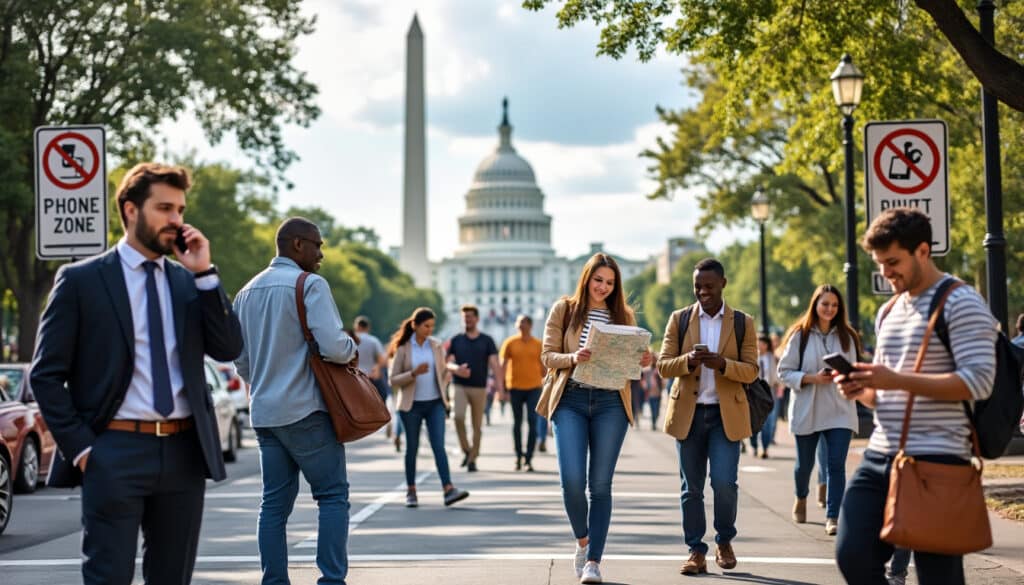
Calling and communication rules in Washington DC
As the hub of political decisions and cultural exchanges, Washington D.C. presents a unique environment for communication. The region is dynamic, filled with diverse languages and tech-savvy infrastructure aimed at seamless coordination. Understanding the calling and communication rules here can…
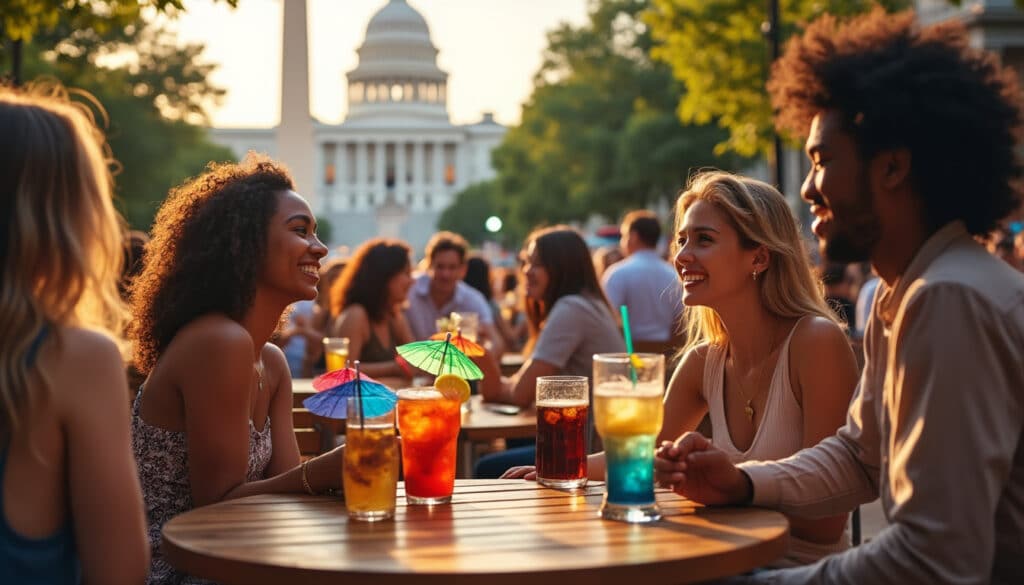
Drinking and age restrictions in Washington DC
Washington D.C., a lively hub of culture, politics, and history, is home to a unique blend of residents and visitors alike. Its dynamic nature calls for a clear understanding of the drinking laws and age restrictions that ensure safety, order,…
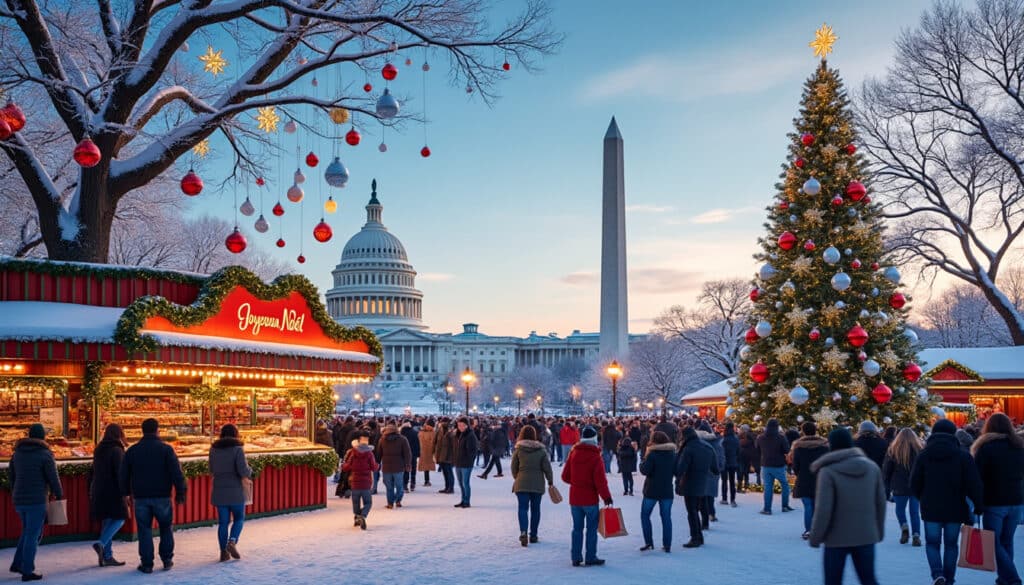
Holiday openings in Washington DC
Explore Washington DC’s remarkable holiday offerings this season. Whether you’re a local or a visitor, the nation’s capital has something festive for everyone. From volunteer opportunities at reputable nonprofits to countless seasonal jobs, DC transforms into a hub of holiday…
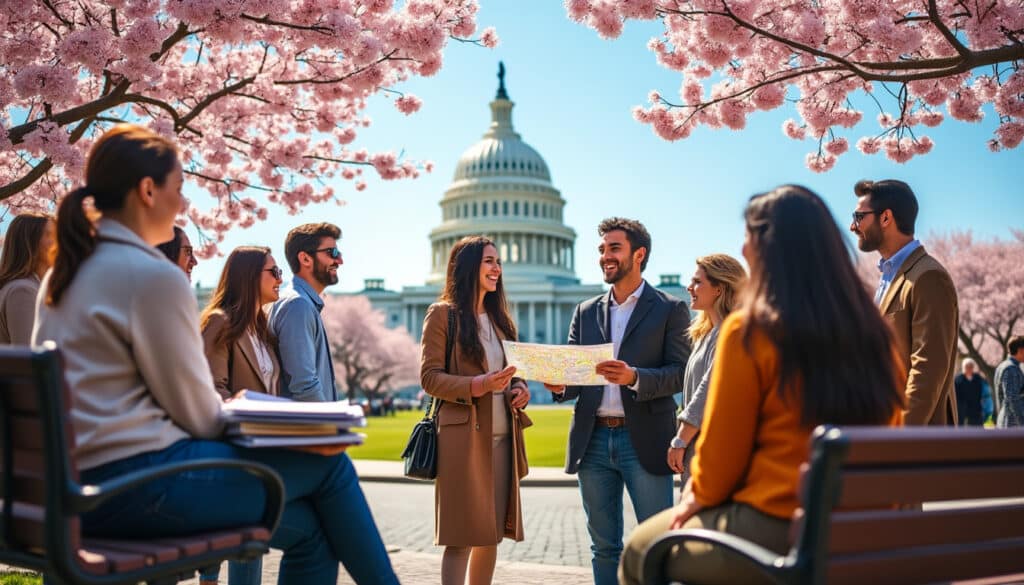
How to move to Washington DC legally
Moving to Washington D.C., the vibrant heart of American history and politics, can be a transformative experience. Whether you are drawn by career opportunities, cultural attractions, or the dynamic lifestyle, the journey to becoming a legal resident in this bustling…

Smoking, drugs, and red light laws in Washington DC
Washington, DC, a bustling city known for its political significance, also holds a complex array of regulations regarding smoking, drug use, and the storied red light laws. These regulations reflect the city’s commitment to public health, safety, and legal clarity.…
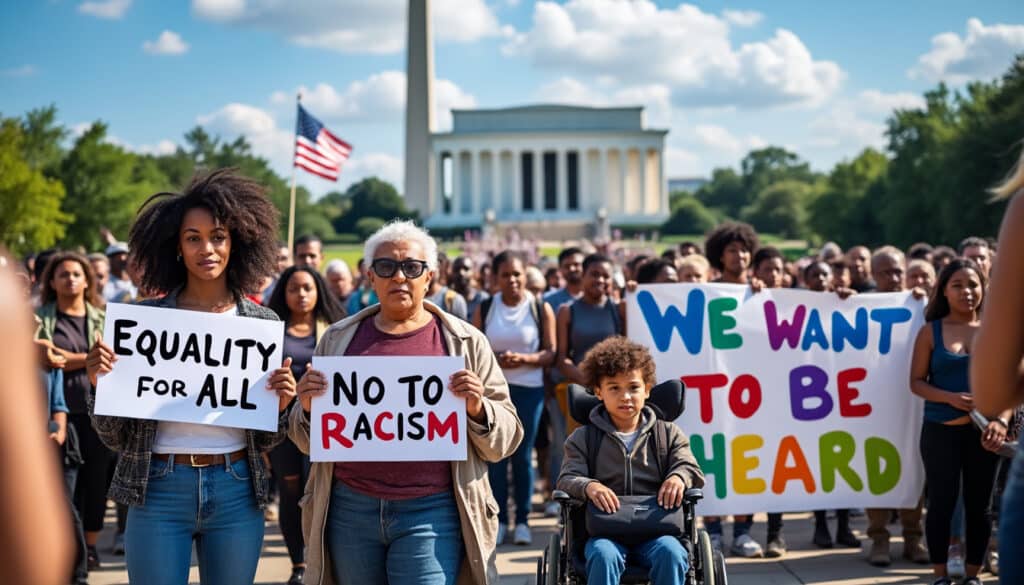
Social and discrimination issues in Washington DC
Washington DC is a city renowned for its historical significance and political heartbeat. However, beneath its surface lies an intricate web of social and discrimination issues affecting its diverse populace. From racial inequality and housing disparities to systemic bias in…

